This growth highlights the country’s capacity as a hub of demographic potential, high investment and savings rates, and a commitment to enhancing infrastructure. However, the journey is fraught with challenges. In India, young people are almost three times more likely to be unemployed than adults and often find themselves in precarious employment situations characterized by inequality, insecurity, underemployment and and more insecure school-to-work transitions are continuously exposed to lower quality jobs, greater labour market inequalities, and tedious and more insecure school-to-work transitions. Moreover, women often find themselves in positions where they are underemployed and receive lower wages, frequently engaging in part-time work or temporary employment. Beyond the impact of COVID-19 as a significant factor contributing to these challenges, the lack of education and skills among the youth stands as a primary cause for such employment issues in India.
Underlining its importance, the 2030 Agenda for Sustainable Development, with a special focus on SDG target 4.4 calls for a substantial increase in the number of youth and adults who have relevant skills. For India, aspiring to be a trillion-dollar economy, harnessing the potential of its youthful populace is not just a necessity but a strategic imperative
To address India’s skills deficit and bolster employability, India must adopt a holistic approach encompassing work-relevant education, career guidance, life-skills, technical, and vocational education and training schemes, along with on-the-job training in both formal and informal sectors. Emphasis on digital literacy, financial literacy, and cognitive skills, including problem-solving and critical thinking, is paramount. Initiatives such as the National Education Policy (NEP) 2020 and increased education budget allocations are promising steps towards fostering a skill-based educational framework in India that is moving towards advancing 21st-century skills.
The present moment offers a unique opportunity to redefine educational and skill development paradigms, aligning them with the evolving demands of the global workforce. Several national flagship schemes such as Make in India, Start-up India, Stand-up and Digital India, have been launched to furnish a fertile ground for micro, small and medium enterprises to be more productive and better skilled, which would further accelerate labour demand and job creation.
A closer examinations of 21st-century skills reveals their potential to empower and support young people including but not limited to people from vulnerable communities, school dropouts, people with disabilities (PwD), LGBTQIA+, victims of domestic abuse, war and trafficings, through employment-linked skill development resulting in upskilling & employment enhancement across geographies. These are particularly also relevant in burgeoning sectors like renewable energy, waste management, environmental health and safety (EHS), and green infrastructure.
The NITI Aayog Report titled “Strategy for New India @75” inter-alia indicates that India needs to eliminate the Digital Divide by 2022-23, emphasizing the importance of equipping India’s youth with the necessary skills to thrive in the digital economy.
In this context, the development of skills and the cultivation of a skilled workforce are critical objectives to ensure that India’s developing digital economy has access to the trained and competent personnel required by the industry.
To bridge the digital divide and focus on domain-specific skills for underserved and underprivileged youth, Centum Foundation is driving holistic transformation within disadvantaged communities. This empowerment and sustainable community transformation in India are achieved through several key interventions:
Client Speak
Case Studies
Awards and Recognition

Brandon Hall Gold Award for ‘Best Corporate Outreach to Promote Diversity, Equity, Inclusion, & Belonging in Communities’, 2024

Brandon Hall Gold Award for 'Best Initiative for Philanthropy and Corporate Giving', 2023

Brandon Hall Silver Award for 'Best Corporate Outreach to Promote Diversity, Equity & Inclusion in Communities', 2023

Excellence in the 'Women Empowerment' category at the '11th World CSR Congress & Awards 2022'

Excellence in the 'Efforts towards building an inclusive world' category at the '11th World CSR Congress & Awards 2022'

Innovations in CSR Practices Award for 'Digital Skills Program‘, 2021

Best Corporate Foundation Award for 'Skill Development Program', 2019

Brandon Hall Gold Award for 'Best Advance in Social Impact Innovation', 2021













